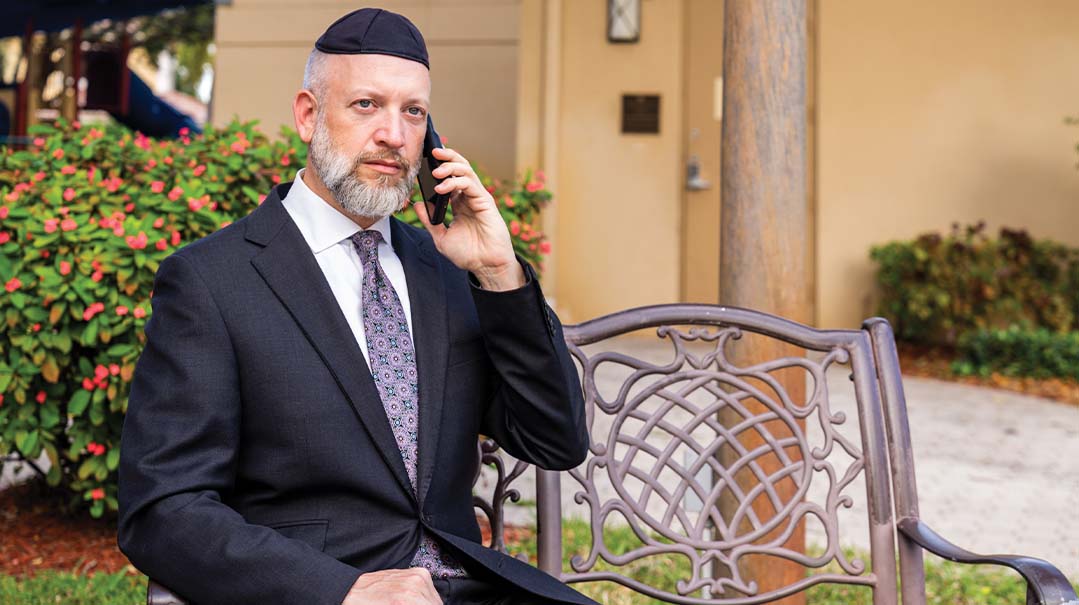Do intrusive shidduch questions make better marriages?
I
t’s a time-honored part of the shidduch process to investigate a prospect’s personality, family background, and history before meeting in person.
But over the years, the “information gathering” has taken new, disturbing proportions. Attempts to clarify relevant information have morphed into efforts to hunt down the slightest flaw or blemish. And along the way, we’ve transformed the shidduch process from a journey of discovery to a skewed funhouse mirror that denies one side’s shortcomings or struggles while magnifying those of others to grotesque proportions.
The more difficult we make the shidduch system, the more unnecessary layers and demands we add, the more foreboding it becomes. Not only will potential shadchanim think twice before venturing in; our single children, relatives, and friends will remain waiting.
What is going on in the shidduch world? How did we get here? And more importantly, what can we do about it?
Rabbi Efrem Goldberg’s call for a reset of our shidduch system drew significant responses.
What do you think?
Join the Conversation below!


Rabbi Efrem Goldberg is the senior rabbi of the Boca Raton Synagogue, a rapidly growing shul community of over 850 families in Boca Raton, Florida.




Comments (20)